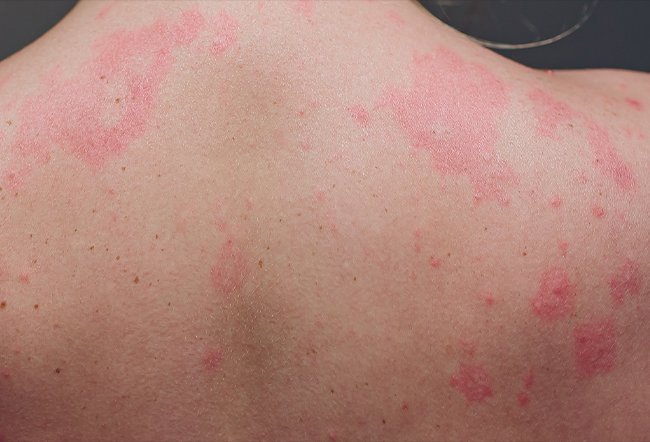
Mast cell activation syndrome or MCAS is a condition that is most commonly associated with pregnancy, as it is the first period that many women experience mast cell activation syndrome. This is due to a genetic predisposition to the condition which makes it more likely to occur in women who have had their first child before.
Mast cell activation syndrome is actually a symptom of an underlying disorder and is not a disease in itself
It happens when your body's immune cells overreact to harmless skin cells in the body. Mast cells make up part of your natural defense system. Mast cells can be found in the bone marrow, lungs, and lymphatic vessels in the body.
The problem with mast cell activation syndrome is that it can happen at any time and even at your own skin cells. When this happens it can cause a wide variety of different medical conditions, including fever, skin rashes, chronic fatigue, hair loss, low platelets, arthritis, and other autoimmune disorders. Some of the more common symptoms of mast cell activation syndrome are loss of weight, hair loss, muscle weakness, unexplained weight gain, unexplained fatigue, loss of appetite, and the inability to concentrate.
When your skin cells are attacked, they release chemicals known as cytokines that act as antibodies to attack your own cells. This causes the body to release a series of chemicals which causes symptoms such as fever, sweating, low platelets, and swelling of the lymph glands. Sometimes a skin disorder like psoriasis may also be present during this stage.
There is currently no way to determine if you will get MCAS but if you do you should get yourself tested. It is always a good idea to have a regular blood test to check for any abnormalities and to make sure that the body is producing enough mast cells.
It is important to note that there are some cases of MCAS that do not show any symptoms, but are treatable. These cases may still have some of these symptoms, but if they are not causing much discomfort then they are usually treated. There are treatments available, both prescription and non-prescription, that can help relieve the symptoms associated with MCAS.

There are two different kinds of treatment available. You may be given anti-inflammatory medications, either prescription or non-prescription. These can help control the swelling, redness, itching, and pain associated with this condition. Medications like Advil can be used to reduce swelling and pain, and to help prevent scarring.
Supplements can also be taken to improve the production of mast cells. These include vitamin E and zinc.
There are also many alternative therapies that are available
These include the use of heat, massage, exercise, and other forms of meditation.
While it is not clear what causes MCAS, it is likely that some people have a higher chance of getting it due to a genetic predisposition. Other risk factors include allergies, and certain medications. Other factors that may increase your risk of getting MCAS include poor circulation and poor diet.
In addition to a healthy lifestyle and a healthy diet, it is important to be aware of what is going on in your body. Your doctor should be able to tell you the most likely causes of the mast cell activation and determine how to treat it. If this is the case then you may want to discuss these options with him.
The good news is that it is not hard to treat and it is possible to get good health back so that you can feel better again. In some cases MCAS can be easily treated.
Leave a Reply